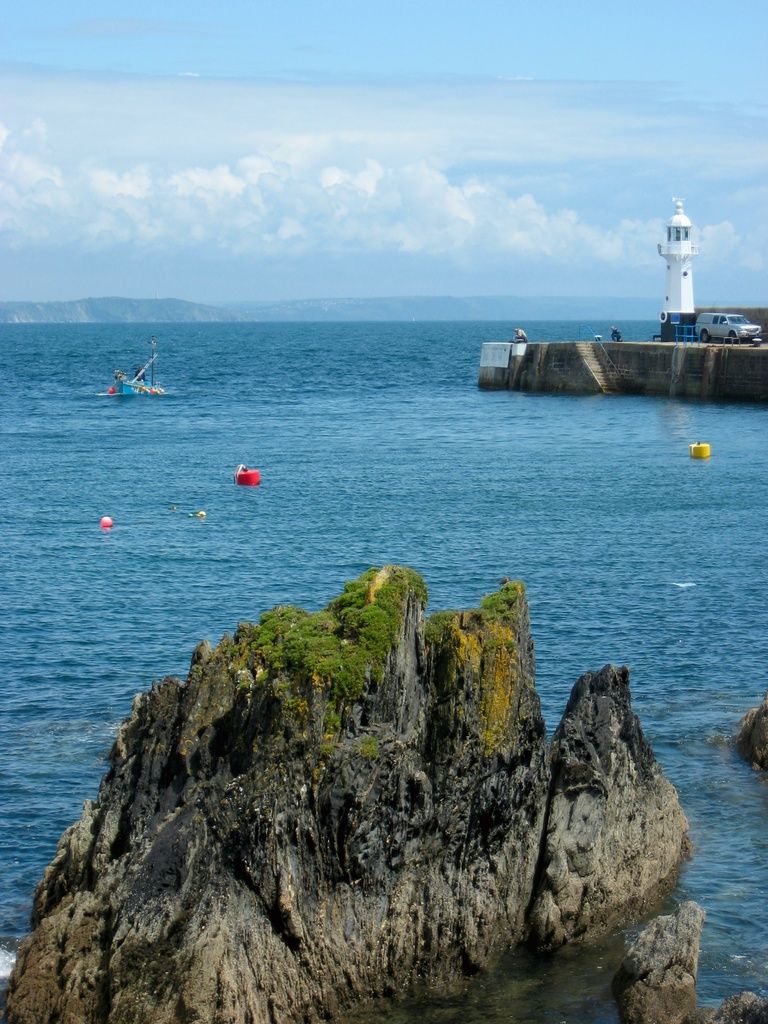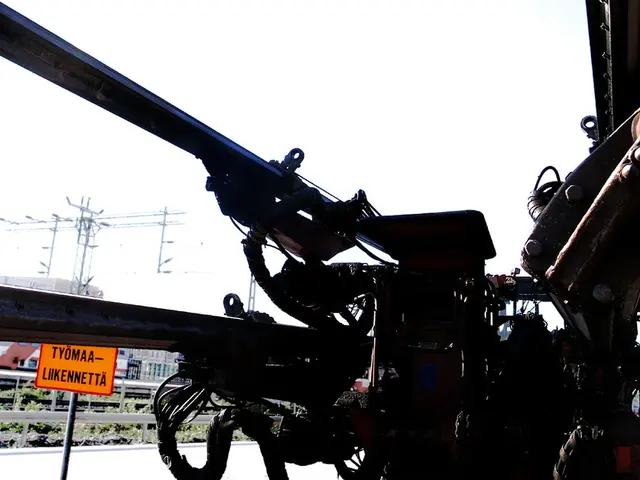Increasing electrical output to lower utility costs: Anne Lauvergeon discusses EDF's strategies
Anne Lauvergeon Slams EDF for Underutilizing Nuclear Power and Proposes a More Efficient Solution
Former head of nuclear conglomerate Areva, Anne Lauvergeon, lays into EDF in her newest book, A Well-Kept Secret (Grasset editions). Lauvergeon accuses the energy company of squandering our nation's nuclear potential, potentially reducing electricity costs for the French people.
"EDF is barely scratching the surface with their 360 terawatt-hours (TWh) of nuclear output, which equates to 67% utilization," she declared on France Inter on April 23rd.
According to Lauvergeon, ramping up electrical production is as simple as maximizing the output of existing reactors. "It's elementary mathematics," she claims. Highlighting the upcoming multi-year energy programming (PPE), Lauvergeon also cautions against enormous investments in new reactors, renewables, and infrastructure, estimated to cost between 300 and 400 billion Euros over the next decade.
Instead of pursuing additional investments, Lauvergeon suggests making better use of what we currently have. "The dilemma is crucial for France," she asserts. "We need to drastically reduce emissions from our economy. We have the means. One could argue that, yes, 30 or 40 years ago, we invested excessively in nuclear power, leaving us with too many reactors. But should we then idle them at 67%?" she questions further.
Lauvergeon contends that the government's proposed plans for the PPE are being kept hidden from the public, which could lead to increased production and, for the first time in a decade, causing electricity bills to decrease.
She also points out that while Germany championed renewable energy as a model, it relied on coal and Russian gas behind the scenes.
© Alexandre MARCHI/Gamma-Rapho/Getty Images By Solina Prak Published on
- Copy link Link copied
The "Need to Decarbonize our Economy"
The Struggle for Carbon Reduction in France
Leaving behind investments in new reactors, Lauvergeon urges the use of current infrastructure to its full potential. "The issue is of paramount importance for France," she argues. "We need to drastically reduce emissions from our economy. We have the means. Perhaps, 30 or 40 years ago, we invested too much in nuclear power, leaving us with too many reactors. But should we then write them off at 67%?" she continues.
"What the French public is not being told through the PPE is that we could produce more and, for the first time in ten years, lower electricity bills," she insists emphatically.
"We were the torchbearers for 30 years for the cheapest electricity in Europe," Lauvergeon adds, noting Germany's renewable energy focus masks its reliance on coal and Russian gas.
Around this article EDFelectricityenergy
Enrichment Data:
Anne Lauvergeon's criticisms of EDF and proposed solutions for lowering electricity prices in France are further explained and supported by the following points:
Criticisms of EDF
- Underutilization of Nuclear Plants: Lauvergeon claims that EDF's low energy output (67%) from nuclear plants is due to subpar performance and availability rather than the number of available reactors[2]. She argues that French reactors rank among the worst in nations utilizing nuclear energy in terms of output capacity[2].
- Strategic Mismanagement: Lauvergeon faults EDF's tariff policy and strategic management for the suboptimal output from nuclear reactors. She suggests that better exploitation of existing reactors could lead to increased electricity production without relying immediately on new reactors[1][2].
Proposed Solutions for Lowering Electricity Prices
- Optimization of Existing Reactors: Lauvergeon proposes targeted investments to boost the efficiency and availability of existing reactors, increasing production by up to 30% without building new reactors[2].
- Increased Nuclear Production: She argues that higher energy output will mechanically lower prices for consumers as increased production leads to economies of scale and reduced unit costs[1].
- Rapid Electrification: By increasing nuclear energy production quickly, France can support accelerated electrification of various sectors, such as electric vehicles and heating systems, without depending solely on future investments in new production facilities[2].
Her recommendations are presented in her latest book, "Un secret si bien gardé" (Grasset Editions), where she underscores the need for pragmatic adjustments in France's nuclear power strategy to achieve both ecological and economic goals[1][2].
- Anne Lauvergeon, a former head of nuclear conglomerate Areva, proposes that EDF should optimize the performance of existing nuclear reactors to increase energy production, thereby potentially reducing electricity costs for the French people.
- Lauvergeon asserts that if EDF maximizes the output of its current reactors, it could produce more electricity, leading to the first decrease in electricity bills in a decade for the French public.
- Approaching the issue from an economic and environmental standpoint, Lauvergeon argues that France should drastically reduce emissions from its economy, and to achieve this, the government should make better use of the country's existing nuclear reactors instead of writing them off at their current 67% utilization.
- By ramping up electrical production via existing reactors and increasing nuclear energy production swiftly, France can support accelerated electrification of various sectors, such as electric vehicles and heating systems, without relying solely on future investments in new production facilities.
- Lauvergeon's proposals are presented in her latest book, "Un secret si bien gardé" (Grasset Editions), where she underscores the need for pragmatic adjustments in France's nuclear power strategy to achieve both ecological and economic goals.








